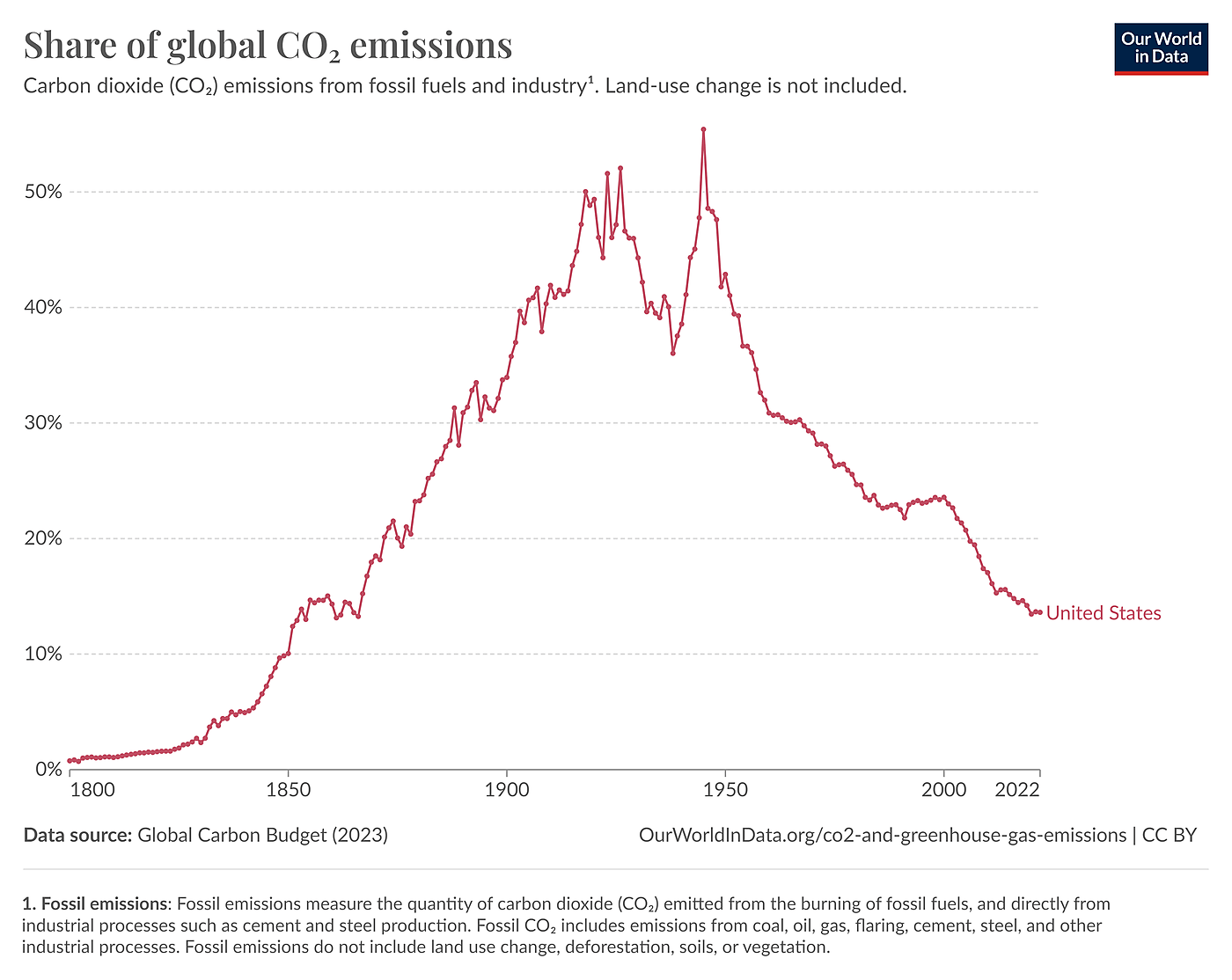
Montana has become an unlikely frontier in the climate movement. Last August, Montana District Court Judge Kathy Seeley ruled in favor of climate activists in Held v. Montana, one of dozens of lawsuits filed across the country by Our Children’s Trust on behalf of youth plaintiffs. The District Court’s opinion is significant because it granted the plaintiffs legal standing—for the first time—on the grounds that they were directly injured by climate change. It also endorsed the concept of using the Social Cost of CO2 (SCC) in environmental reviews.
If the Montana Supreme Court agrees with the District Court in Held v. Montana, it will set the stage for future climate litigation nationwide and support the use of the SCC in regulatory rulemaking. Meanwhile, legal proceedings are moving forward at the Montana Public Service Commission (PSC), which oversees economic decisions made by public utilities, and the Montana Department of Environmental Quality (DEQ), which administers and enforces environmental regulations.
What the District Court Found
The District Court opinion in Held v. Montana rejected a recent change to the Montana Environmental Policy Act (MEPA) that removed the consideration of greenhouse gas (GHG) emissions from the DEQ’s environmental reviews. Judge Seeley declared the change unconstitutional given the language in Montana’s constitution that reads, in relevant part, “The state and each person shall maintain and improve a clean and healthful environment in Montana for present and future generations.”
Judge Seeley also granted standing to the plaintiffs—meaning she found the plaintiffs had been injured by GHG emissions—which is likely an even more impactful victory for the plaintiffs. Each state has different rules for standing to file suits like these, so it’s unclear how many of the suits filed by Our Children’s Trust (in all 50 states) will be awarded standing.
Factual Errors in the District Court Opinion
Based on my reading of Judge Seeley’s opinion, it contains too many serious analytical flaws to form the basis for public policy. First, it is unclear how changes in state regulatory processes will meaningfully impact the global climate given that Montana’s CO2 emissions are a small portion of the US total (Montana’s total energy use ranks 43rd among US states), and the US total is, in turn, now a small portion of the global total (below 14 percent and falling). US emissions are also down in absolute terms from a high of about six billion tons per year to now about five billion. In other words, how would regulatory policy in Montana redress a global issue?

The most glaring error in the court’s opinion is the assertion that a forced transition away from fossil fuels will reduce costs. As one prominent example, the opinion drew heavily on expert testimony from Stanford Professor Mark Jacobson, who stated that transitioning to a non‐fossil fuel‐based energy system in Montana by 2050 would reduce energy costs by about 15 percent. For a more detailed discussion of Jacobson’s claims and criticisms of them, please see the article I wrote in response to the court opinion last year and this from the Proceedings of the National Academy of Sciences.
Environmentalists’ Petition to the PSC
Following Judge Seeley’s opinion, a large group of petitioners, led by Earthjustice and the Western Environmental Law Center, asked the Public Service Commission for a rulemaking that would incorporate the judge’s ruling in state‐level regulations. The petition recommended a new proposed rule requiring that the PSC shall:
1. Apply the higher of the social cost of greenhouse gases established by (a) the U.S. Environmental Protection Agency or (b) the federal Interagency Working Group on the Social Cost of Greenhouse Gases as of the time of the Commission’s determination (except that in no case shall the costs of greenhouse gases be lower than those at a 2‑percent near‐term Ramsey discount rate from the U.S. Environmental Protection Agency’s November 2023 “Report on the Social Cost of Greenhouse Gases: Estimates Incorporating Recent Scientific Advances,” adjusted for inflation); and
2. Consider any adverse climate impacts of greenhouse gas emissions on communities that are disproportionately impacted by such emissions and/or subject to historical inequalities.
At a recent public hearing before the PSC, I argued that the Held v. Montana ruling at the District Court level does not provide a solid foundation for a new regulatory rulemaking because (1) it will be carefully reviewed by the state Supreme Court and likely reversed and (2) Judge Seeley relied upon expert testimony and findings of fact that contain serious flaws.
The SCC is arbitrary and unfit for policymaking because estimates of its magnitude can swing wildly based on small tweaks to underlying assumptions, many of which are arbitrary modeling decisions. Federal estimates of the SCC have ranged from about $50/ton under President Obama, to less than $10/ton under President Trump, to now $190/ton or more under President Biden. These changes reflect differing policy judgments more than improvements in science.

The Petition calls for using the “higher of” the Environmental Protection Agency’s (EPA’s) estimates or the interagency task force estimate of the SCC. Montana regulators should be careful about adopting federal estimates for at least two reasons: (1) it outsources state‐level policymaking to Washington, DC, and (2) SCC estimates could change radically every four years based on the political party in charge.
Advocates of a high SCC should likewise be wary of relying on federal estimates. Under a potential second term for President Trump, the interagency task force could be disbanded, and the EPA’s estimate of the SCC could be changed again to rely on a 7 percent discount rate applied to the FUND model of climate costs and benefits, yielding a negative SCC. A negative SCC means fossil‐fuel projects would be given favorable regulatory treatment relative to non‐fossil projects. Perhaps that is why petitioners urged the PSC to require the use of a 2 percent discount rate.
Held v Montana at the DEQ
Today, the Montana DEQ is holding a working group meeting regarding the “subtask” of climate analysis under MEPA (agenda is here). As the working group agenda notes, and as I argued before the PSC, such considerations are premature. The agenda states:
Court decisions regarding climate analysis are not final and do not provide a clear roadmap for addressing climate impacts in the MEPA process; the Legislature has not provided statutory direction to DEQ on climate impacts in the MEPA process and will not meet and be able to pass legislation for roughly 8–10 months; the Legislature has not provided funding and FTE to DEQ to analyze climate impacts in the MEPA process and will not be able to do so for 8–10 months.
People outside of Montana are watching to see how the finding of climate injury plays out because it could impact other states or even federal agencies. As one example, the Federal Energy Regulatory Commission (FERC) has consistently declined to apply the SCC to judge the “significance” of CO2 emissions associated with natural gas pipeline projects. Any rulemaking that uses the SCC in Montana could become precedent to require FERC or other federal agencies to do the same.























